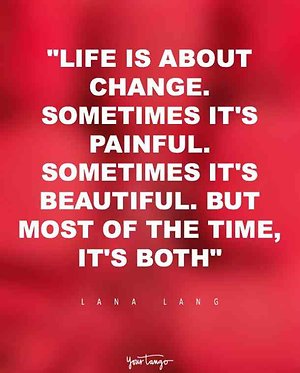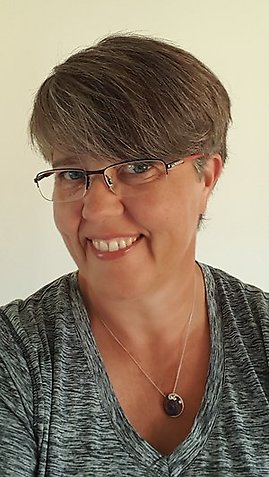Counselling and Psychotherapy for Adults
EMDR Therapy explained
I specialise in treating people presenting with trauma. Eye Movement, Desensitisation and Reprocessing Therapy is a complex therapy that can bring resolution to people who are triggered by single or multiple past or present traumas or disturbing experiences, including a car crash, childhood abuse (emotional, physical or psychological), domestic violence, bullying, attachment disorders, phobias, pain, self-harming, performance anxiety, insomnia and grief, as well as witnessing difficult events. The brain has an innate ability to process and heal, but traumatic experiences can lead the brain to overwhelm and unable to process information, in which case the trauma gets stuck and distressing symptoms, such as disturbing memories, nightmares, fatigue, rapid heart rate, illness, insomnia, anger, sadness and many more are constantly triggered. EMDR Therapy uses bi-lateral movement in differing forms to desensitise the memory of the traumatic events, allowing the brain to reprocess difficult and disturbing experiences. The traumatic event/s happened and will always be remembered, but by utilising EMDR Therapy the brain will be able to process the information and although you will be able to access this you will no longer be overwhelmed by emotion.
EMDR therapy although a fairly new therapy, discovered by Francine Shapiro in the 80's is used as a successful treatment worldwide. EMDR therapy does not suit everyone, but is a highly effective and rapid treatment for one off traumas. For Complex trauma, such as prolonged adverse childhood experiences (ACE's) EMDR Therapy is extremely affective, but more sessions would be needed and therefore resolution would take longer, although EMDR therapy is generally thought to be quicker than talking therapy in these instances.
*EMDR Therapy is a complex therapy used to treat traumas and should only be provided by fully trained therapists. I am trained to level 7 obtaining a Post Graduate Certificate in EMDR Therapy from the University of Worcester, as a precursor to this I gained my basic training levels 1-4. I am also a member of the EMDR Association
Counselling and Psychotherapy explained
Counselling is a talking therapy.
Within therapy a trained psychotherapist or counsellor will listen to you and by working together, you and your therapist or counsellor can work through the emotional problems you wish to take to therapy.
Counselling and psychotherapy sessions take place in a confidential space, where you can process your thoughts and emotions in depth.
Your therapist or counsellor will not tell you what to do, but will listen and encourage you to talk about your inner most feelings, to get to the root cause of your problems. In this way your patterns of behaviour or ways of thinking may be identified. With this awareness, changes will happen and goals can be achieved.
Counselling and psychotherapy sessions are flexible, for instance sessions could be face to face, by telephone or video call, as an individual or a couple. Your therapist or counsellor knows that everyone is unique and with this in mind may use many models of therapy, such as, creative counselling, CBT, Psychodynamic, Gestalt, Person-Centred or Existential therapies.
How Therapy can Help You
EMDR Therapy and talking therapy can be beneficial to anyone who would like to explore their feelings and emotions, or for anyone wanting to resolve current or past issues, with an objective professional rather than a friend or relative.
EMDR Therapy, Counselling and psychotherapy sessions are a journey, it takes time, committment and consistency to work effectively. One session is generally not enough. Attending regular sessions is advised to make the most of the process, Intensive EMDR Therapy can be particularly helpful and can be booked in blocks of 2 or 3 hours each per session or in multiple sessions booked across the weeks.
The counselling process can be difficult. Exploring painful events and upsetting emotions can make you feel worse at first, this is part of the process, after a while you should start to feel the effects of counselling and feel better able to move forward. Therapy is not a quick fix, some sessions will feel more useful than others, but this does not mean the journey has come to an end.
The key to successful therapy is the relationship between therapist and client.
To book your first session or to find out more Call 07948 825913
Please feel free to download or print the following self-help leaflets provided by Get Self Help.
Relaxation TipsColour BreathingAnger Self-HelpIncreasing MotivationSleep Self-HelpCoping with Suicidal Thoughts

